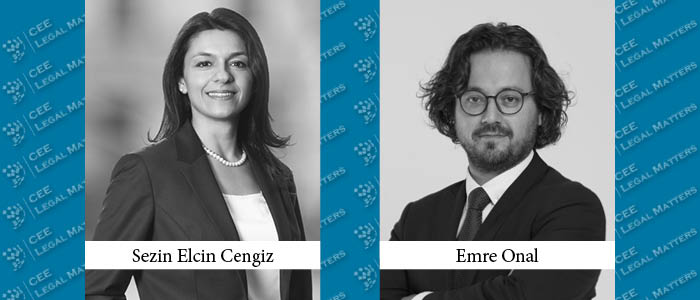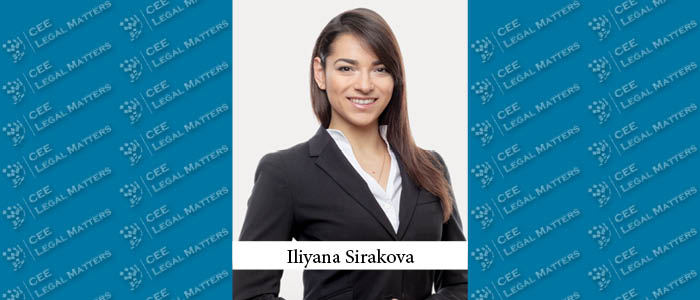Global law firm Baker McKenzie organized a competition and regulatory conference for pharma in Central and Eastern Europe (CEE) in Warsaw. During the conference, Baker McKenzie experts highlighted the hot topics of recent developments in EU Competition Law and Pharmaceutical Regulation that have direct effect on companies in the pharma and life sciences sector, discussing practical and pragmatic solutions with special regard to regional aspects in CEE in two round tables. The first one looked at recent competition law developments.
The roundtable discussion – moderated by Zoltan Hegymegi-Barakonyi (Budapest), with panellists Marcin Trepka and Juliusz Krzyzanowski (Warsaw), Helga Biro and Marton Horanyi (Budapest), Alexandr Cesar and Katerina Sejdova (Prague) – provided an overview on recent CEE competition law developments in the pharma sector – sector inquiries, investigations, case law developments – and information exchanges with distributors, supply chain management, DTP and DTH structures, as well as tender participation and pricin
The new EU Vertical Block Exemption Regulation (VBER) has significant impact on pharma distribution structures. The regulation entered into force on 1 June 2022, and the grace period expired 31 May this year. The regulation provides some more flexibility in the field of combination of different distribution systems on different territories, shared exclusivity, or fulfilment contracts. However, it also includes some stricter rules on information exchange in dual distribution and dual role agents – the commercial strategy under which both agency and distribution models are combined with the same partner but for different products.
Marcin Trepka and Juliusz Krzyzanowski (Warsaw) explained the new competition law enforcement practices of the Office of Competition and Consumer Protection (UOKiK) in Poland. The provisions on managers' liability was introduced in 2015, but were not enforced until 2020, when UOKiK started to use them both in cartel and in vertical cases. Currently 43 managers are charged in 7 investigations and 18 managers already found liable in 4 proceedings. Total fines exceeded 3 million PLN (appr. 670.000 EUR). Also, the Office started to exercise the parent liability concept – bringing charges against parent companies for infringements committed by subsidiaries, due to e.g. a failure to take steps to terminate a subsidiary's participation in a cartel – in 2020 as well.
Katerina Sejdova and Alexandr Cesar (Prague) gave an overview about a recent sector inquiry in the Czech Republic, conducted by the competition authority looking at the distribution of reimbursed products dispensed on prescription within 2018-2022, triggered by multiple complaints on direct-to-pharmacy/direct-to-hospital schemes. The announcement of the sector inquiry was followed by nervosity of the market, and some companies proactively starting to prepare themselves for questionnaire. No dawn raid was conducted, but the preparation made it easier for the companies to complete the questionnaire, which proved to be demanding. The outcome was favorable to pharma industry, the authority saw no reason for any immediate enforcement action, and offered only certain recommendations to regulator and legislator, MAHs and consumers.
A number of regulatory items under ECN+ were already part of Czech competition legislation and did not need to be implemented. A new element of the legislation is the complete anonymity of whistle-blowers. It enhances the cooperation with the law enforcement authorities – for example through access to telecommunication records which are part of a criminal file or earlier access of police to the Czech Office files. The leniency program is extended also to vertical agreements, and some of the principles based only on soft-laws are now part of the legislation. It establishes new set of rules as well for “horizontal” cooperation and investigation between EU national bodies.
As in other countries, the competition authority in Hungary has increasingly broad investigative powers. The fast-track sector inquiry allows immediate intervention – the deadlines are very short, market players have only 8 days to form their answers. The authority has dawn raid power as well: it can launch the sector enquiry without a suspicion of any infringement, and any evidence accidentally found can be used in subsequent procedures to establish an infringement. Moreover, the authority can use secret recordings made by private parties, regardless of whether they were made legally or not – the only requirement being that it should not be the only evidence. Also, increasingly harsh procedural fines can be expected for obstructing dawn raids – for example, if the seized data is encrypted, as happened in a case, where the authority imposed a fine of 1 million euros because of the encrypted data.
Serious fines have been imposed in a pharmaceutical wholesale case, a classic market-sharing cartel case. As the order terminating the investigation in the Sanofi case suggests, the competition authority can also investigate reduced wholesaler (RWA) models in cases of dominance. According to the authority, the switch to an RWA system – i.e. the significant reduction of wholesale partners – is likely only acceptable without any doubt if the selection of wholesalers is made on the basis of objective criteria applied without discrimination to all candidates and via a competitive tender.


























